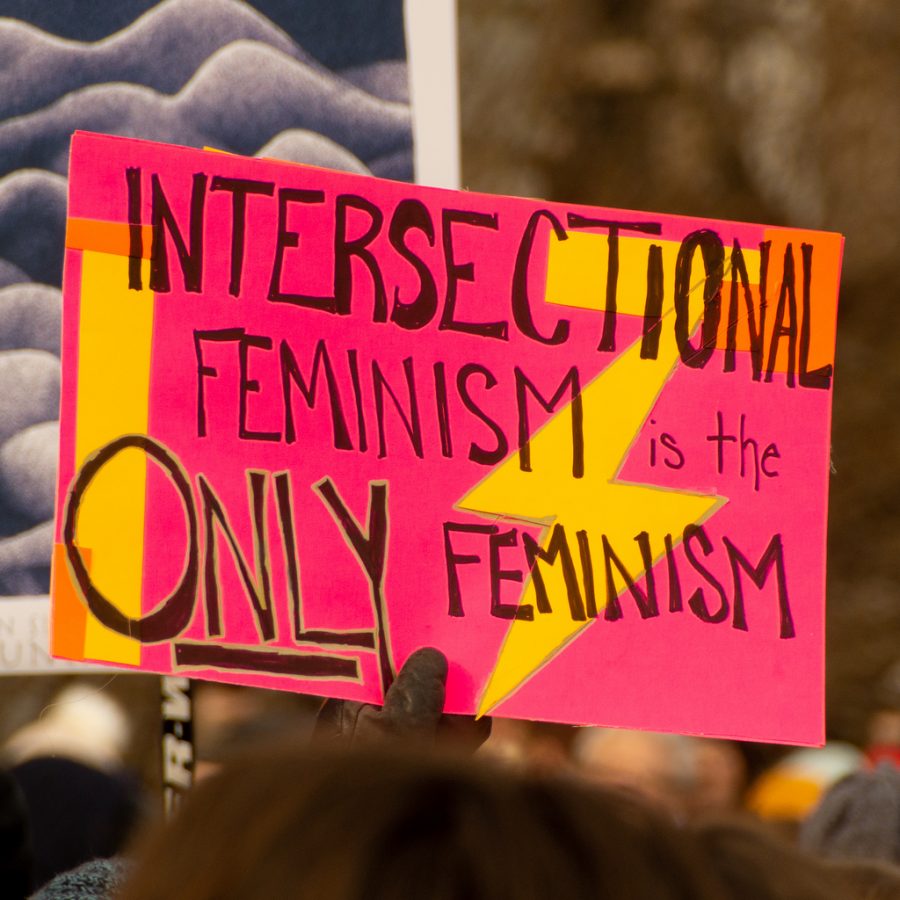Is your feminism inclusive?
I was excited to attend the 2019 Women’s March in January. It was my first time attending the event and I was excited to see other people who believed what I believed.
I was excited until I got there.
Walking up to Southside Park in Sacramento, I could feel the excitement running through my body but the closer I got to the other side of the park, that feeling went away. Every way I turned, all I could see was white women and some men.
While I was glad to see crowds of people there to support women, I couldn’t help but wonder if these people truly felt the way I did. Where were all the people of color?
On a Saturday morning, they were probably all at work. Because in the midst of a government shutdown, every paycheck matters. When people are struggling to feed their families and pay rent, you aren’t particularly focused on attending a march where your needs aren’t highlighted.
So that brings to questions, how can you call yourself a feminist when your feminism only supports straight, white women?
Feminists are supposed to be inclusive and fight for social, political and economic equality for all sexes. So when you claim to be a feminist but then forget the needs of people of color or forget there are more than two gender identifications, your feminism is not inclusive and you are not a true feminist.
And seeing waves of white women pass me by at the Women’s March, it made me wonder if I belonged there. It made me feel belittled and inferior being surrounded by people who didn’t have much in common with me.
So next time you hear someone say there is no need for inclusivity in feminism: Remember that for every dollar a man makes a woman makes 77 cents or less; try to think of a woman who doesn’t have her own #MeToo story and that there are stricter regulations on a woman’s body than on gun laws in this country. So yes, there is a need for all inclusive feminism.

